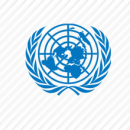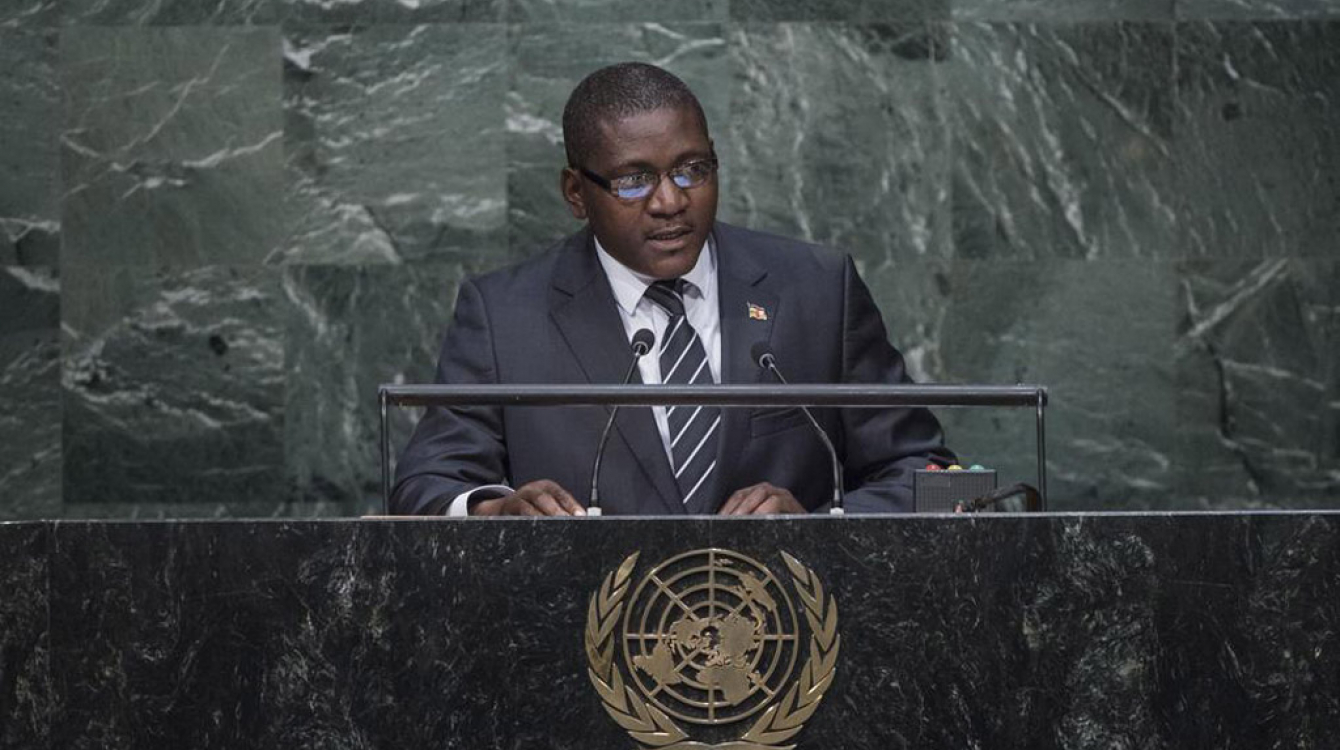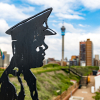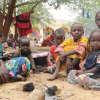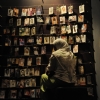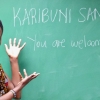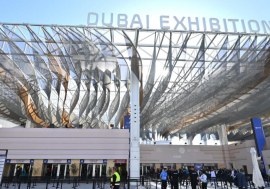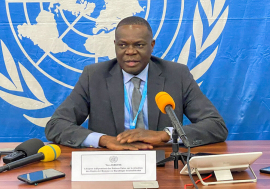In wake of ‘dramatic’ violence in Central African Republic, Foreign Minister calls to strengthen UN mission
In wake of ‘dramatic’ violence in Central African Republic, Foreign Minister calls to strengthen UN mission
Warning that the Central African Republic (CAR) is currently seeing an upsurge in deadly violence in and around its capital, Bangui, Foreign Minster Samuel Rangba today called on the United Nations to step up its support for the war-weary country, including by strengthening the UN peacekeeping mission there and lifting sanctions impacting training of military forces.
Opening his address to the General Assembly’s annual debate, he thanked the UN for its important support to the transition process and invaluable efforts to end violence and ease tensions in the country over the past months. But he acknowledged that the recent violence that swept Bangui just days ago – reportedly leaving dozens dead and injured – had forced CAR Head of State Catherine Samba Panza to return home.
Drawing the Assembly’s attention to the “new drama” affecting his country, Mr. Rangba said CAR was beset by “blind and savage violence” perpetrated by irregular armed groups. He said that over the past year, Ms. Samba-Panza had negotiated with a broad spectrum of parties, and, with the assistance of the international community, a roadmap had been drawn up that focused on, among others, economic advancement and institution-building with a view to eventual elections.
He said that the transition had yielded solid progress over the past 18 months that had culminated in the landmark Bangui Forum on national reconciliation, which had included the participation political parties and other groups. Mr. Rangba said that despite the current station, CAR’s transition process is irreversible. “The people of the country are determined to go to the ballot box,” he said, telling the Assembly that more than one million people were registered to vote, showing the desire to solidify constitutional order.
“Yet, the situation has once again become alarming,” he noted, with a “horrendous spike” in internally displaced persons in and around Bangui, even though those numbers had dropped in recent months.
While the international community had provided essential support in order to help CAR return to normality, the current violence “proves that peace and reconciliation are still tenuous and require strong support so the country will not once again fall into extended violence.”
“We ask the international community, and particularly the United Nations, to make it possible for there to be a stronger presence – and stronger action – to help staunch destruction and widespread criminal activity,” said Mr. Rangba.
While acknowledging that the international community today is struggling to find the resources to ease suffering in so many parts of the world, he urged the Assembly to “remember the thousands of children, women and older persons who are being hatefully killed, raped and humiliated, or forced from their homes just because a handful of individuals decided to put into effect their nefarious plans to destabilize and entire country in an attempt to quench their thirst for power.”
With CAR facing such a situation, he urged the strengthening of the UN Multidimensional Integrated Stabilization Mission in the country, known by the French acronym MINUSCA. The Security Council, in taking such action, should also seriously consider lifting the sanctions regime regarding training and equipping defence and security forces in the spirt of bilateral cooperation.
He warned that CAR is susceptible to a raft of challenges and every effort must be made to ensure that Government institutions could exercise control over the entire country, especially in the North, which could be a breeding ground for terrorism.

